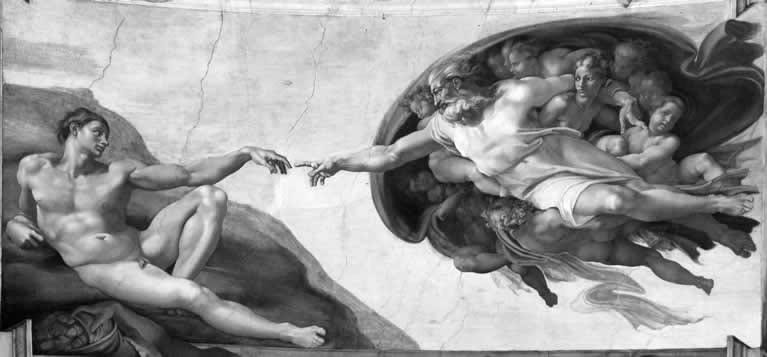The Sacred Studio
Beauty is sacred and creating art is worship, that makes your studio holy ground.
Free Art Marketing Webinar with Arthur Gain
Free and Open webinar for all visual artists happening this Thursday, February 1st at 11:00 AM CDT!
Join us for a free, artist-focused webinar as we dive into art, creativity, & marketing with acclaimed artist Arthur Gain. Along with industry experts Clint Watson, BoldBrush’s Founder & the marketing team. This webinar is open to all artists!
Thursday, February 1st at 11:00am CDT (12:00pm EDT, 10:00am MDT, 9:00am PDT)
This article originally appeared on my personal blog, Clinsights, here.
Editor’s Note: In two days, this post will be locked and is available only to paid members because we don’t want this duplicate content on the open web in a way that might draw traffic away from the original post. You can always read the entire post here.
Steven Pressfield calls his writing career "a practice" and he says that a practice space - your art studio, your writing space, your music studio, your dance area, whatever space you have to create - is sacred.
My own office is just a converted bedroom in my house. It’s got nothing particularly esoteric in it, except maybe my lucky toy cannon that fires inspiration into me, or perhaps my lucky horseshoe from Keeneland Race Course in Lexington, Kentucky.
But it’s a sacred space too.
I’ve made it sacred by the work I’ve done there and by the attitude of respect and devotion that I bring with me when I enter.
- Steven Pressfield
[source]
I agree. Beauty is sacred and creating art is worship. That makes the place where you create art holy ground. And thus, it is sacred. It should be, if possible "set apart."
I suppose that makes your art supplies, your paints, and your brushes sacred objects. I suppose that makes my computer a sacred object. But, then again, what's the point of having sacred objects at your disposal if you don't use them? ¹
A sacred space not only implies a place where you can find solitude and escape from the world for a while (hopefully), but I think it implies something more - something that is intrinsic to the divine nature of creating.
I've previously written what I think "sin" is all about. But, to recap: "sin" literally means "without." And I interpret that “without” to mean, "without the divine" as in, being separated from God, or the divine however you understand it. And what separates us from the divine in this very moment? It is our own egos, our own worries and anxieties, our own petty - and not so petty - desires that take us out of the magic of this very moment. These “sins” are what separates us from "the power of now" as Eckert Tolle would say.
Creating art is a time when we must drop our egos and commune with the divine muse. We must notice the beauty and wonder of now, and, ideally, drop into a flow state of communion with existence and engage in our creative dance within it. It is a time we must open ourselves completely to the full power of this exact moment and feel reality's ponderous weight push gently and blissfully into our very self as we disappear into joy. Now is a time to allow our inner forces of order and chaos, our masculine and feminine energy, to dance as they long to do, and birth a new creation.
The act of creation requires the feminine and the masculine in a dance. This is obvious in creating life, but what about art? In creating life, the act of sex combines masculine and feminine to create a new individual. But here’s the sacred secret - that sexual energy - that combining swirl of masculine and feminine energy underpins all forms of creation. Creation is a paradoxical act of making the future in the present. The masculine energy envisions the future state and sets about exerting its force on reality while the feminine energy keeps the artist in the present, it keeps us receptive to noticing the beauty of the now, and these two energies dance to bring something new to life. And as long as we keep our own egos out of it, the flow suddenly happens and we cease to exist as we float in the divine, timeless river of creation. And this communion with the divine, this time that we temporarily drop our "without god" state of sin, deserves to be considered holy.
And, thus, the place where this takes place is sacred.

Footnotes:
Hat tip to my wife: We found a long lost favorite toy of the cats and I remarked, “wow, that’s been missing so long, it’s almost a sacred object.” And without missing a beat she replied, “what’s the point of having sacred objects if you don’t use them?” I found the idea profound.



I find the opposite. I like to have my art front and center so I see it first thing in the morning and all day long. So it's not "set apart". But it is sacred and I'll try to make it more sacred after reading your post!